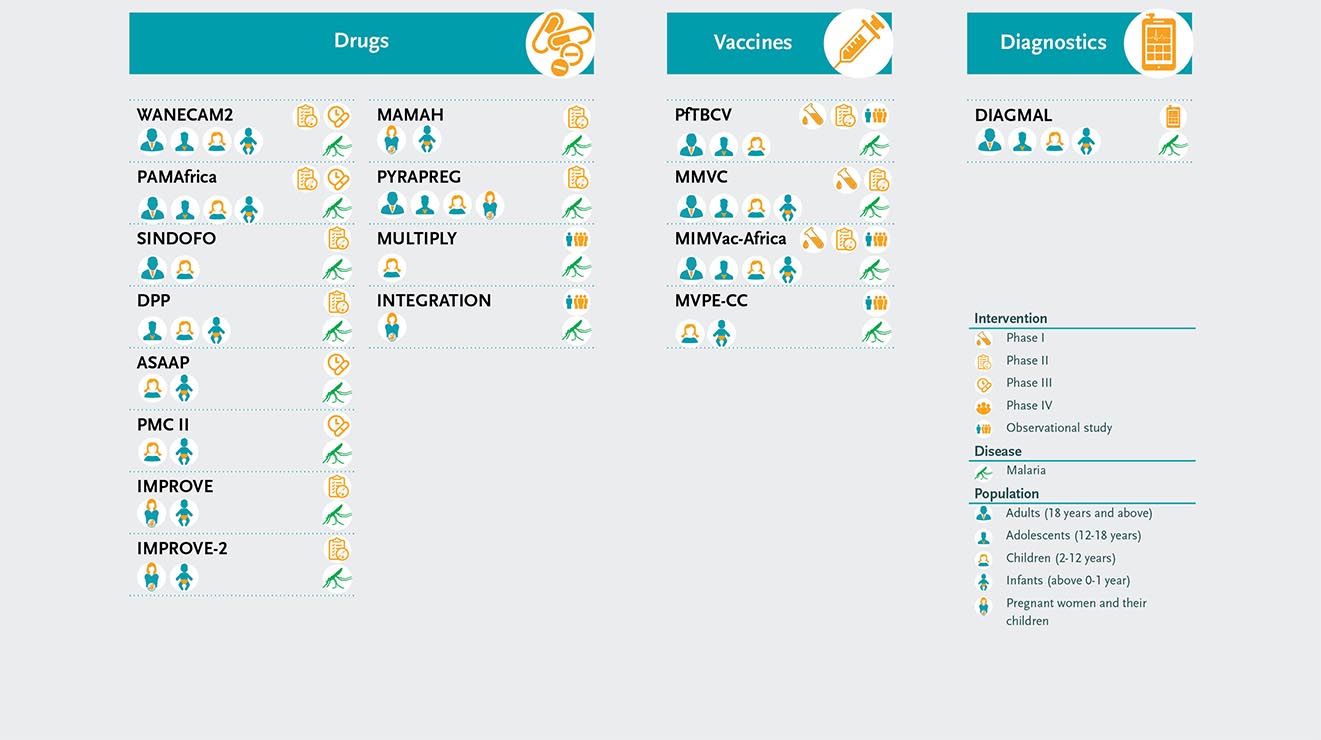Malaria is an acute febrile illness caused by Plasmodium parasites, which are spread to people through the bites of infected female Anopheles mosquitoes. There are 5 parasite species that cause malaria in humans, and 2 of these species – P. falciparum and P. vivax – pose the greatest threat. P. falciparum is the deadliest malaria parasite and the most prevalent on the African continent. P. vivax is the dominant malaria parasite in most countries outside of sub-Saharan Africa.
The first symptoms – fever, headache and chills – usually appear 10–15 days after the infective mosquito bite and may be mild and difficult to recognize as malaria. Left untreated, P. falciparum malaria can progress to severe illness and death within a period of 24 hours. [Source: WHO]
According to WHO’s latest World malaria report, there were an estimated 241 million malaria cases and 627,000 malaria deaths worldwide in 2020. This represents about 14 million more cases in 2020 compared to 2019, and 69 000 more deaths. Approximately two thirds of these additional deaths (47 000) were linked to disruptions in the provision of malaria prevention, diagnosis and treatment during the pandemic.
EDCTP portfolio: malaria
Collaborative clinical trials and clinical research (2014-2021)


